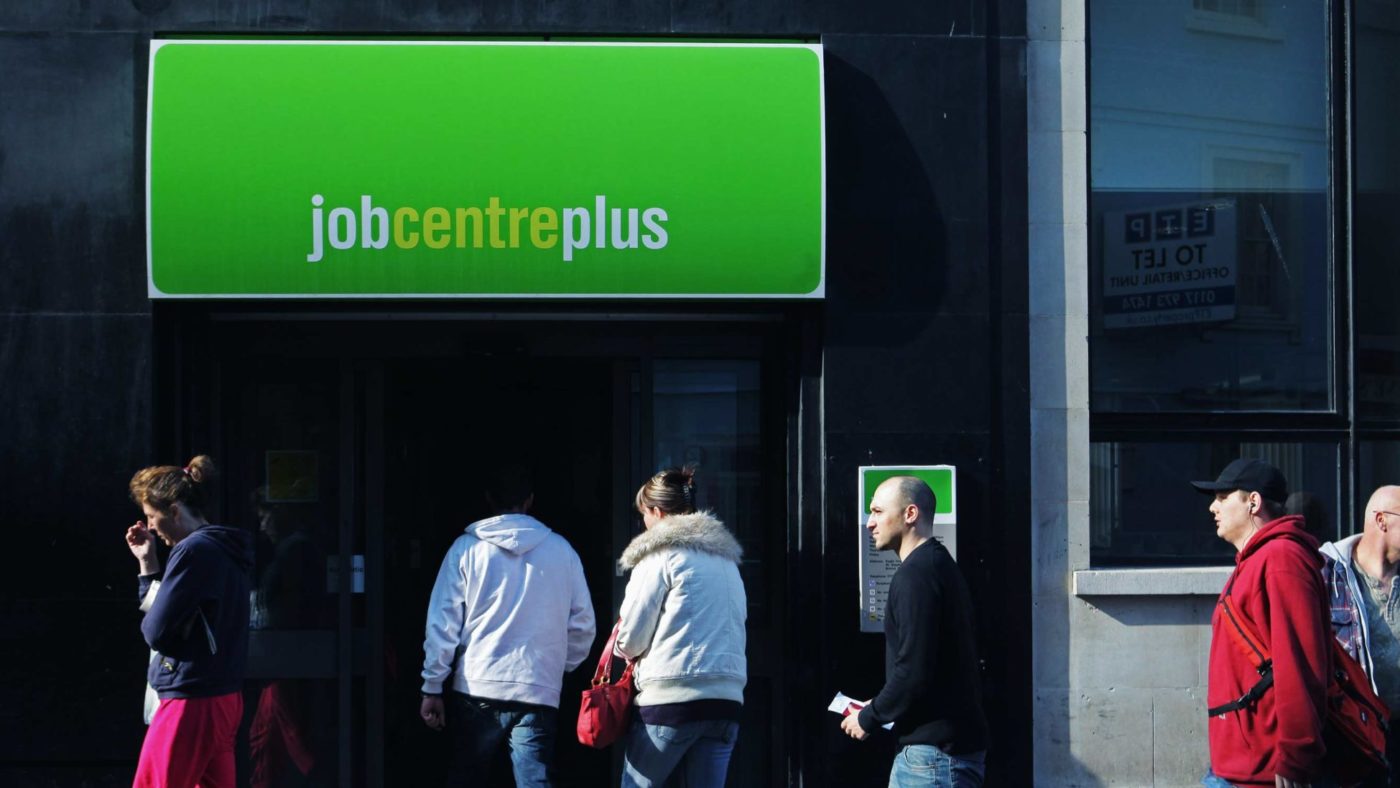State welfare systems do not change in a fundamental way very often.
When they do, it is often in the aftermath of a major crisis, such as a war or a natural disaster – like a pandemic. Wars and natural disasters shake up the status quo and create political space in which ideas and policies that would not get traction in normal times suddenly do so. But the ideas are seldom new – they are usually ones that have been around for some time without ever getting to be credible policy options. The crisis changes this and brings them to the centre of debate, while at the same time bringing discontent with an existing system to a head.
During World War II, for instance, the rumbling unease about the workings of the means-tested assistance in distressed areas before the war led to support for the radical reconstruction set out in the 1942 Beveridge Report.
The Covid-19 pandemic is set to have similar consequences – and the once marginal idea that is rapidly moving into the centre of discussions is Universal Basic Income (UBI).
The idea of a UBI is old. It has been advocated by a succession of people, from various parts of the ideological spectrum, but has never managed to be adopted. Lately it has been much discussed, with trials in a number of countries including Finland
Covid-19 has heightened interest because responses to it have led to a massive loss of income for many people, in a way that highlights the problems with the UK’s existing system, particularly Universal Credit. The status quo will not survive the pandemic.
A UBI is a specific form of the wider policy of a Guaranteed Minimum Income (GMI). The key features that distinguish it from other kinds of GMI (such as a negative income tax) are that it is universal and unconditional. The key practical questions are two. First, is it a supplement to existing benefits or does it replace them entirely? Second, is it set at a level that is possible to live on, albeit frugally?
UBI attracts support from across the spectrum – and has many free market advocates. There is a strong Hayekian case for a UBI, on several grounds.
It reduces government bureaucracy and does away with the tendency for governments to use welfare payments for social engineering through attaching conditions to them. It supports individual autonomy by enabling people to pursue their own goals and projects. Consequently, it makes the discovery procedure aspect of market exchange work better. It eliminates the perverse incentives and dependency traps created by means-tested benefits. It is an individualist measure, that reduces individual dependency on both government discretion and employment.
From a free market perspective, it is a complement to a flexible labour market, with much casual and irregular employment, and helps it to work better. However, for a UBI to attract support on these libertarian grounds, it would have to be a radical version, which replaced all existing benefits and transfers and was set at a subsistence income level. A partial top-up measure would not bring the described benefits , while still being very expensive.
Many free market advocates will be sceptical. This idea divides both left and right with supporters and critics on both sides. Many of the objections are practical and focus on things such as cost, while others express concern about how the politics of a UBI would play out in the future, with competition to bid the level up to an unsustainable level.
The main objections, however, are principled and raise questions that go beyond the purely economic (at least, as that is understood today).
One big objection is that a UBI will undermine the incentive to work, with a significant number of people choosing to live as couch potatoes. This is seen as problematic not only for economic reasons but because regular, structured and collective work is a vital part of a fulfilled and meaningful life, with its absence producing all kinds of pathologies.
Another objection is to the individualistic nature of the UBI and questions are posed about how it affects the household and the family, given their central place in human life and flourishing. Other alternatives to both a UBI and the status quo have been suggested, such as Universal Basic Services, or mutual aid.
Undoubtedly, we will soon be having a national conversation about welfare reform in which UBI will be central. This will raise profound questions and all should take part, regardless of their particular take.
Click here to subscribe to our daily briefing – the best pieces from CapX and across the web.
CapX depends on the generosity of its readers. If you value what we do, please consider making a donation.


